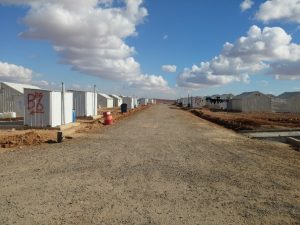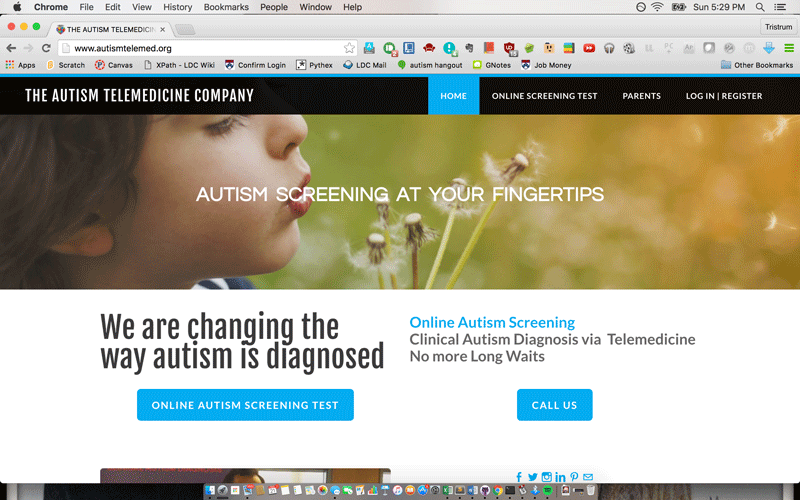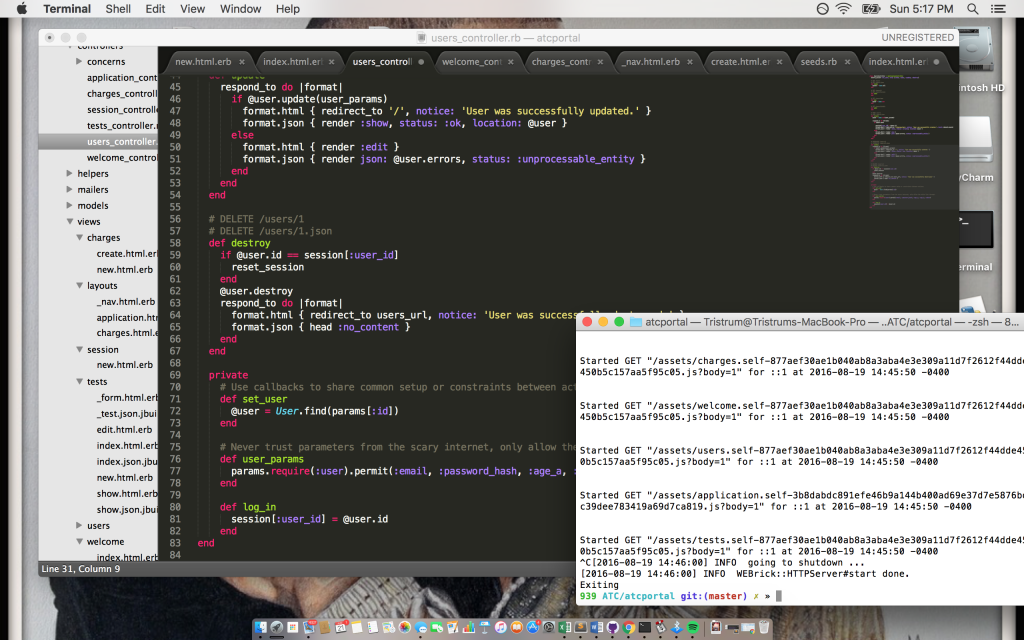This is the next in a series of posts by recipients of the Career Services Summer Funding Grant. We’ve asked funding recipients to reflect on their summer experiences and talk about the industries in which they’ve been spending their summer. You can read the entire series here.
This entry is by Brinda Ramesh, COL ’19
 My summer internship proved to be an eye opening experience that I will forever be grateful for. Before I get into it, I feel I should include a bit about my interests and why this internship was so exciting for me. I am a rising sophomore in the College looking to go into public and global health, and I plan on majoring in Health and Societies. This opportunity was to intern in a research laboratory at Columbia University’s Mailman School of Public Health located in New York City, in the sociomedical sciences department. The work they do here has a direct impact on many facets of society, including public policy and public health programs. One of their focuses is on AIDs/HIV in the city, and the factors that contribute to its’ epidemiology. I wanted to learn about the structural factors that subject many populations within the city to increased risk of illness outcomes.
My summer internship proved to be an eye opening experience that I will forever be grateful for. Before I get into it, I feel I should include a bit about my interests and why this internship was so exciting for me. I am a rising sophomore in the College looking to go into public and global health, and I plan on majoring in Health and Societies. This opportunity was to intern in a research laboratory at Columbia University’s Mailman School of Public Health located in New York City, in the sociomedical sciences department. The work they do here has a direct impact on many facets of society, including public policy and public health programs. One of their focuses is on AIDs/HIV in the city, and the factors that contribute to its’ epidemiology. I wanted to learn about the structural factors that subject many populations within the city to increased risk of illness outcomes.
This summer I assisted Dr. Angela Aidala and Maiko Yomogida in projects associated with the Community Health Advisory Information Network (CHAIN) project regarding pathogenic vehicles in the New York area and their relation to the spread of HIV/AIDS. They made this experience so informative and helped me understand the nuances that are extremely important to health of communities. I am so grateful to have them as mentors. Specifically, we focused on the role that access to housing plays in dictating the behavioral patterns of those in susceptible communities; patterns that affect their health. Oftentimes, those who do not have secure housing are more likely to have poor behavioral habits when it comes to the treatment of their disease. This is crucial because no matter what state-of-the-art medicine you are given, if you are not compliant with beneficial health behaviors then the progression of your disease will be negative. Secure housing is an extremely important factor for health.
I also focused on the impact of trauma in HIV populations, comparing prevalence of trauma across different populations. HIV populations were extremely high in their rates of trauma, and women with HIV had high rates of sexual abuse. When we looked at the effect that trauma has on health outcomes, those who have been exposed to trauma are much less likely to practice positive health behaviors. In the past, health care providers have not accounted for the impact that trauma can have on ones’ prognosis, however there are many programs being initiated that look to implement “Trauma Informed” care.
Two other projects that I worked on were on food security and HIV, as well as overall public health in the US virgin Islands and Puerto Rico. Those living with HIV were less likely to have secure food options, and those with less secure food options cannot respond to treatment as well. Ensuring proper food security is imperative. Additionally, I helped with an initiative to assess the public health structure in the US Virgin Islands and in Puerto Rico. This initiative looked to focus on the comfortability that health officials had in assessing the needs of their communities.
I came away from this experience as having assisted in any aspects that the research team needed. This immensely supplemented my education, because I will be gained applied knowledge on sociological epidemiology. I plan on pursuing public health and thus this research experience helped me form an informed perspective on the spread of disease, and on structural factors that influence disease progression such as housing, food security, and trauma have.









